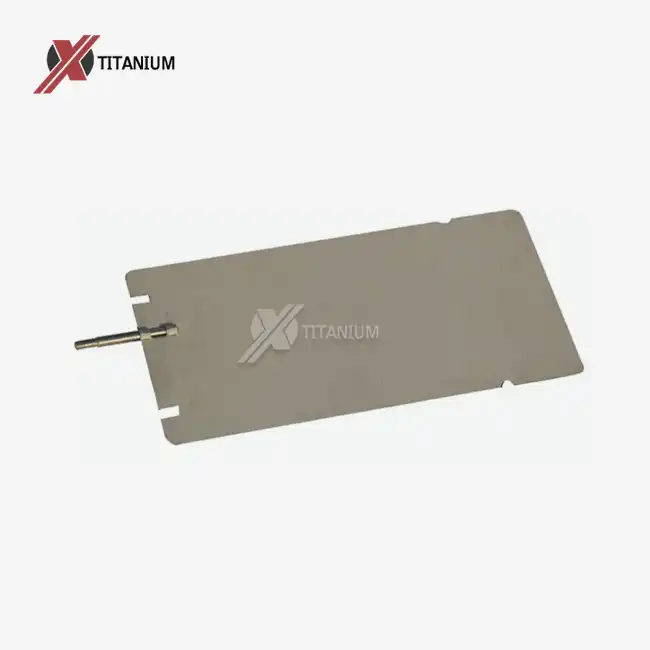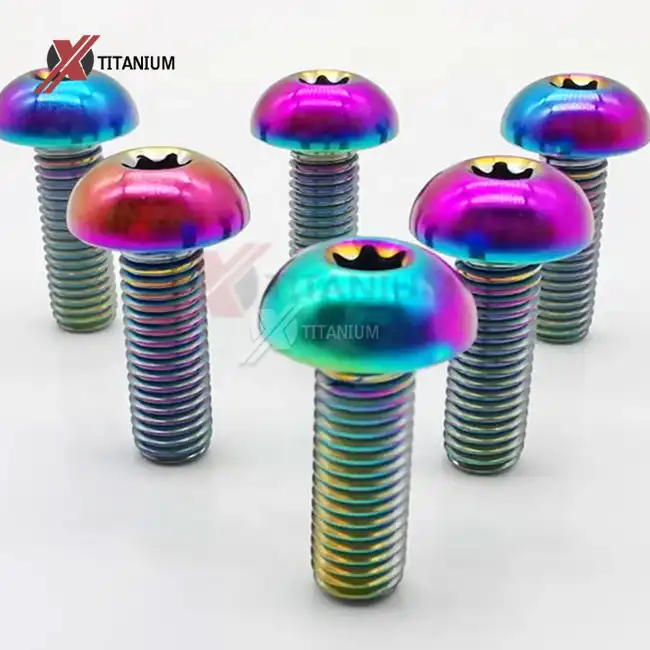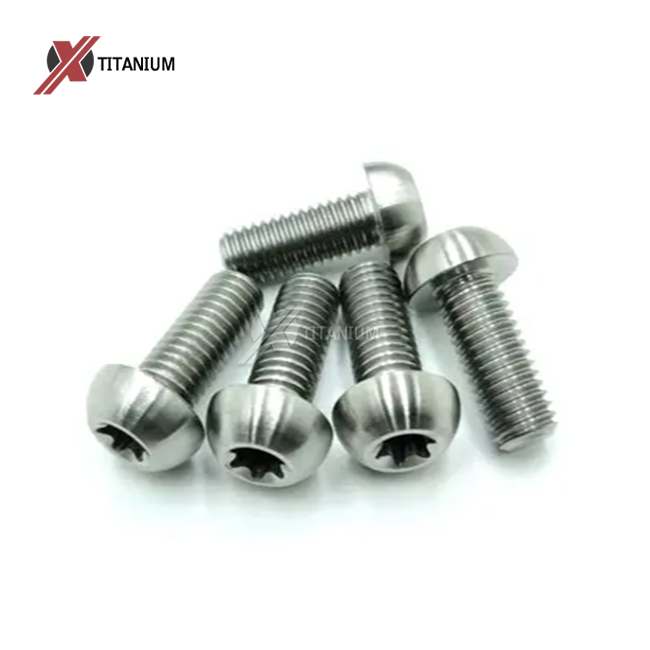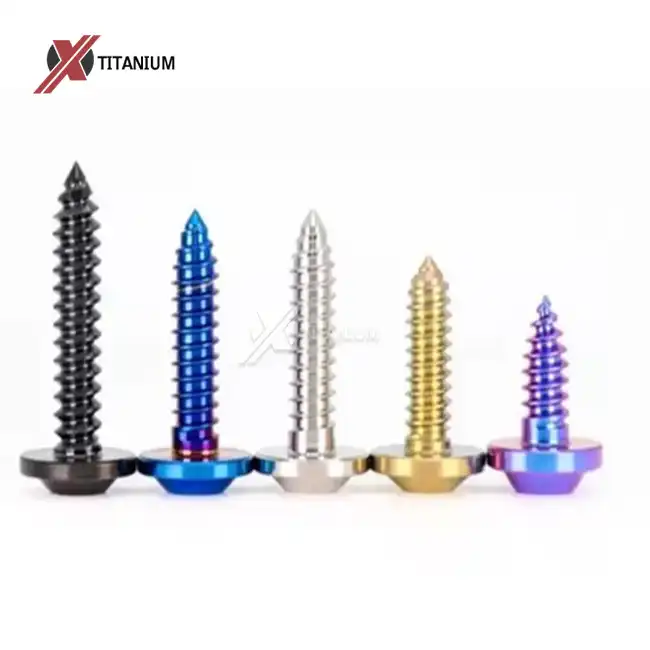- English
- French
- German
- Portuguese
- Spanish
- Russian
- Japanese
- Korean
- Arabic
- Greek
- German
- Turkish
- Italian
- Danish
- Romanian
- Indonesian
- Czech
- Afrikaans
- Swedish
- Polish
- Basque
- Catalan
- Esperanto
- Hindi
- Lao
- Albanian
- Amharic
- Armenian
- Azerbaijani
- Belarusian
- Bengali
- Bosnian
- Bulgarian
- Cebuano
- Chichewa
- Corsican
- Croatian
- Dutch
- Estonian
- Filipino
- Finnish
- Frisian
- Galician
- Georgian
- Gujarati
- Haitian
- Hausa
- Hawaiian
- Hebrew
- Hmong
- Hungarian
- Icelandic
- Igbo
- Javanese
- Kannada
- Kazakh
- Khmer
- Kurdish
- Kyrgyz
- Latin
- Latvian
- Lithuanian
- Luxembou..
- Macedonian
- Malagasy
- Malay
- Malayalam
- Maltese
- Maori
- Marathi
- Mongolian
- Burmese
- Nepali
- Norwegian
- Pashto
- Persian
- Punjabi
- Serbian
- Sesotho
- Sinhala
- Slovak
- Slovenian
- Somali
- Samoan
- Scots Gaelic
- Shona
- Sindhi
- Sundanese
- Swahili
- Tajik
- Tamil
- Telugu
- Thai
- Ukrainian
- Urdu
- Uzbek
- Vietnamese
- Welsh
- Xhosa
- Yiddish
- Yoruba
- Zulu
What Are the Key Advantages of Using Titanium Double End Stud Bolts in Modern Engineering?
In the ever-evolving landscape of industrial engineering, the demand for fasteners that provide not only exceptional mechanical strength but also durability in corrosive and high-temperature environments has surged. Among such solutions, the Titanium Double End Stud Bolt has steadily gained popularity across critical sectors such as aerospace, marine, automotive, and chemical processing. But what exactly makes this specific type of titanium fastener so valuable?
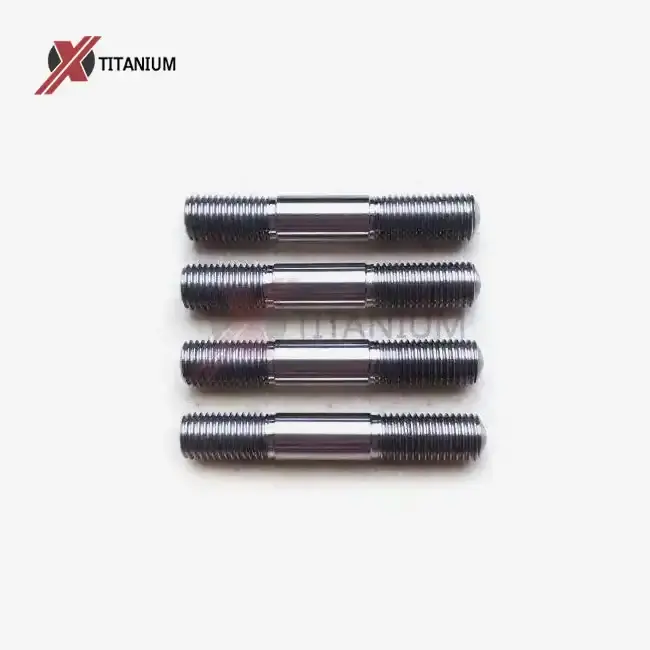
How Do Titanium Double End Stud Bolts Compare to Traditional Alloy Fasteners?
When comparing titanium double end stud bolts to traditional steel or stainless-steel fasteners, several fundamental differences arise. These differences are not merely marginal — they can be mission-critical in industries where equipment failure is not an option.
1. Weight-to-Strength Ratio
Titanium’s most lauded characteristic is its outstanding strength-to-weight ratio. It is roughly 45% lighter than steel, yet provides comparable — and often superior — tensile strength, especially when manufactured from Grade 5 Ti-6Al-4V, the most common alloy for double end stud bolts.
| Property | Titanium Grade 5 | Stainless Steel (316) |
|---|---|---|
| Tensile Strength | ~895 MPa | ~515 MPa |
| Density | 4.43 g/cm³ | 7.93 g/cm³ |
| Strength-to-Weight Ratio | Superior | Moderate |
| Thermal Conductivity | Lower (21.9 W/m·K) | Higher (16.3 W/m·K) |
| Corrosion Resistance | Excellent | Good (but limited in chlorides) |
For aerospace and automotive racing applications where every gram counts, titanium’s lightweight advantage is particularly valuable.
2. Corrosion Resistance
Traditional alloy bolts, even when stainless, are prone to:
-
Pitting in saltwater environments
-
Stress corrosion cracking
-
Rusting in acidic or high-humidity atmospheres
Titanium’s passive oxide layer self-heals when scratched, offering unmatched resistance in:
-
Seawater and brine
-
Chloride-rich chemical plants
-
High-humidity storage environments
This gives it a distinct edge in offshore and chemical processing industries, where premature fastener degradation could cost millions in repairs.
3. Fatigue Resistance and Long-Term Reliability
Titanium double end stud bolts outperform most steel alloys in fatigue life, particularly when subjected to cyclic loading — a common stressor in engines, turbines, and structural joints. They are:
-
Less prone to work-hardening
-
Capable of enduring millions of cycles without failure
-
Ideal for high-torque, high-vibration environments
This explains their increasing use in wind turbine hubs, jet engine assemblies, and racing car suspension systems.
Where Are Titanium Double End Stud Bolts Most Commonly Used?
The design of a double end stud bolt, with its two threaded ends and center shank, serves a unique mechanical purpose that cannot be met by standard bolts or screws. When made of titanium, this design opens new doors for extreme-condition applications.
1. Aerospace and Defense
Jet engines, structural fuselage panels, satellite housings, and military-grade radar mounts all benefit from titanium fasteners due to their:
-
High fatigue strength
-
Non-magnetic and non-sparking nature
-
Lightweight characteristics that contribute to fuel efficiency
The double-end configuration allows for easier disassembly during scheduled maintenance — a valuable trait for aircraft undergoing routine inspections.
2. Marine Engineering
In naval vessels, underwater robotics, and subsea oil platforms, titanium double end stud bolts are favored for:
-
Long-term seawater exposure without corrosion
-
Zero need for protective coatings
-
Compatibility with mixed-material assemblies (e.g., carbon-fiber hulls)
Because these bolts are easy to remove without extracting the entire bolt from the structure, they streamline component replacement.
3. Chemical Processing Equipment
Titanium is inherently inert to many acidic or oxidative environments. Therefore, chemical plants rely on titanium stud bolts in:
-
Heat exchangers
-
Evaporators
-
Pipeline flanges
-
Reactor vessels
This resistance increases uptime and reduces maintenance labor—critical in high-throughput operations.
4. Motorsport and Performance Vehicles
High-performance engines vibrate intensely and generate tremendous heat. Titanium stud bolts are used in:
-
Cylinder head assemblies
-
Exhaust manifolds
-
Turbocharger mounts
Their low thermal expansion prevents distortion, and their low weight improves engine balance and responsiveness.
Why Is Titanium Preferred for Double-Ended Studs Over Other Metals?
The double-ended stud bolt is used when a joint must be frequently assembled and disassembled. Titanium, in this role, provides not only excellent material properties but also distinct metallurgical advantages over stainless steel, carbon steel, and exotic alloys like Inconel.
1. Galling Resistance (When Treated Properly)
One challenge of titanium is thread galling, a form of cold welding that occurs during tightening. However, when properly:
-
Coated with dry lubricants
-
Paired with compatible nuts
-
Installed using anti-seize paste
Titanium fasteners show exceptional long-term threading performance. Stainless steel, on the other hand, is more susceptible to galling under high torque without lubrication.
2. Biocompatibility and Non-Reactivity
In sectors where contamination is a concern (pharmaceuticals, food processing, medical equipment), titanium’s non-toxic, hypoallergenic nature makes it a top choice. It:
-
Does not leach heavy metals
-
Is MRI-safe (non-magnetic)
-
Is resistant to microbial colonization
Even in laboratory cleanroom environments, titanium stud bolts outperform traditional materials in cleanliness and compliance.
3. Extended Lifespan
Despite their higher upfront cost, titanium double end stud bolts offer an extended service life due to:
-
No rust or corrosion
-
Stable mechanical properties over time
-
Minimal wear even under extreme cyclic loads
Many users report up to 10x longer life spans than stainless steel in equivalent applications.
Selecting the Right Titanium Stud Bolt for Your Application
When sourcing or designing titanium double end stud bolts, consider:
-
Grade Selection: Grade 2 (commercially pure) for corrosion resistance; Grade 5 (Ti-6Al-4V) for strength and toughness.
-
Thread Pitch and Diameter: Match to mating components with precision machining.
-
Surface Treatment: Apply coatings like silver plating or PTFE for galling resistance.
-
Tolerance Standards: Choose according to ASTM B348, ASME B1.1, or ISO metric norms depending on geographic location and industry.
Partnering with a manufacturer experienced in precision non-ferrous machining ensures the highest quality and repeatability in batch production.
Final Thoughts
Titanium Double End Stud Bolts represent the pinnacle of fastener technology for industries that demand reliability in the harshest environments. Whether it's securing a spacecraft bulkhead, sealing a chemical reactor, or fine-tuning a racing engine, these fasteners combine functionality with the unmatched material advantages of titanium.
Their high strength-to-weight ratio, excellent corrosion resistance, and superior fatigue performance make them not just an option—but a necessity—for critical systems where failure is not acceptable.
As industries continue to innovate and push operational limits, Titanium Double End Stud Bolts will remain an indispensable component in the future of engineering.
References
-
Smith, J.R. (2021). "Advanced Materials in Aerospace: The Role of Pure Titanium". Journal of Aerospace Engineering, 45(3), 234–248.
-
Johnson, A.M. & Williams, P.K. (2020). "Biocompatibility of Titanium in Medical Implants: A Comprehensive Review". Biomaterials Science, 8(12), 3301–3320.
-
Chen, Y., et al. (2019). "Corrosion Behavior of Pure Titanium in Marine Environments". Corrosion Science, 152, 120–133.
-
Patel, R.N. & Thompson, L.E. (2022). "Manufacturing Processes for High-Quality Titanium Plates". Advanced Materials Processing, 180(5), 45–58.
-
Garcia, M.S., et al. (2023). "Applications of Pure Titanium in Sustainable Architecture". Architectural Engineering and Design Management, 19(2), 178–195.
Learn about our latest products and discounts through SMS or email
